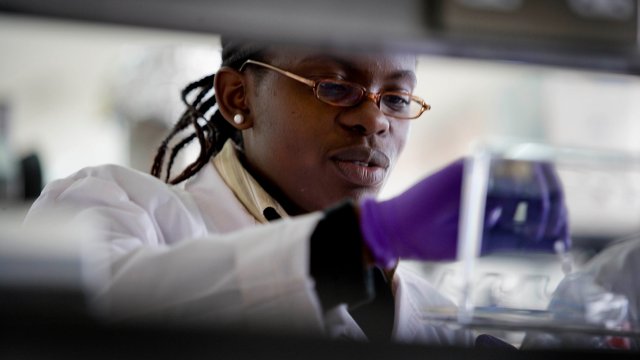Human Head Transplants: Just Two Years Away?

An Italian doctor is blazing a trail toward the first human head transplant, capitalizing on new medical techniques that can keep a patient alive during the operation, fuse the spinal cords, and keep the immune system from rejecting the new head.
At the annual conference of the American Academy of Neurological and Orthopaedic Surgeons (AANOS), Sergio Canavero of the Turin Advanced Neuromodulation Group is set to give the keynote lecture, proposing a project lasting two years and culminating in a human head transplant.
Canavero has published a summary of the techniques he believes have put a head transplant within the reach of medical experts. The procedure involves cooling the patient’s head so it can survive without oxygen for an extended period of time, severing the spinal cord cleanly, and fusing the new cords together using a chemical called polyethylene glycol.
In order to prevent damage to the surgical area caused by movement, the patient would be kept in a coma for weeks until the spinal cords had completely fused.
“When the recipient wakes up, Canavero predicts they would be able to move and feel their face and would speak with the same voice. He says that physiotherapy would enable the person to walk within a year. Several people have already volunteered to get a new body, he says.”
The event is not entirely without precedent. In 1970, doctors at Case Western Reserve University School of Medicine in Cleveland, Ohio, transplanted the head of a monkey onto the body of another monkey. Because the spinal cords were not fused, the monkey couldn’t move his new body, but it did survive nine days until the body’s immune system rejected the new head.
Besides the substantial technical hurdles that must be overcome, there are ethical issues with which to grapple. Individuals and organizations that believe a person’s soul extends past their brain and into their body may oppose such an operation.
Nick Rebel, executive director of the US branch of the International College of Surgeons, says that whether the project will move forward in earnest will depend on how it is received at the AANOS conference in June, 2015.
Read more at New Scientist.





